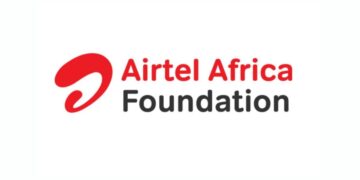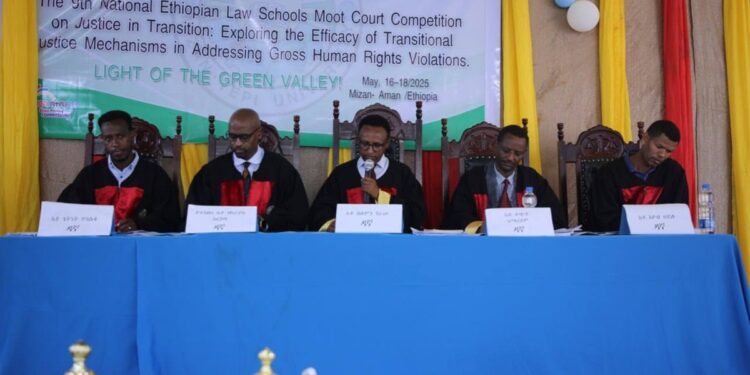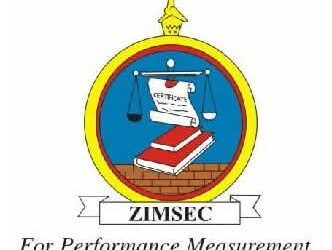A recent decision to penalize Dire Dawa University’s all-female moot court team during Ethiopia’s 9th National Moot Court Competition has stirred controversy and sparked broader discussions about gender equity in the country’s legal education system.
Held from May 16 to 18 at Mizan Tepi University, the competition saw Dire Dawa’s team sanctioned for allegedly violating a gender composition rule—despite being allowed to advance beyond the initial rounds. The late-stage penalty included a two-year ban from the competition for the university and disqualification of both team members and their coach from future editions.
Critics argue the move reflects systemic gender biases rather than procedural concerns. “The penalty was not only harsh but unjustly applied,” said Halifet Ayemohammed Yusuf, a law lecturer and former moot court coach. “The team went through a fair selection process and were only penalized after they had progressed. This isn’t rule enforcement—it’s discrimination.”
The incident raises questions about transparency and timing, as the team’s all-female composition was known from the beginning but only contested later. Organizers failed to flag the issue during registration, offering no opportunity for the team to adjust.
Observers note that several universities in past years—including Addis Ababa, Arba Minch, and Jimma—have sent all-female teams without incident, some even emerging as winners. Last year, Dire Dawa’s all-female team took home top honors at the 8th edition of the competition.
The Ethiopian Law Schools Association (ELSA), while distancing itself from the organizing process, is also under scrutiny for its lack of gender representation. Critics say its male-dominated leadership reflects deeper structural inequities in academia.
The controversy has reignited debate on affirmative action, equality, and whether Ethiopia’s legal institutions are truly supporting women’s progress—or quietly punishing it.
EXPLAINER
Why Did an All-Female Team Face Penalty in Ethiopia’s Moot Court—and Why It Matters
What happened?
At the 9th National Moot Court Competition in May 2025, Dire Dawa University’s all-female team was sanctioned for allegedly violating a rule requiring gender diversity in teams. This punishment came after the team had already advanced to the oral rounds—despite the organizers having approved their participation earlier.
Was this fair?
Many argue no. The team was selected based on merit in a process that included both male and female students. The organizers’ failure to raise objections early on, only to penalize the team later, is seen by many as a procedural failure and an example of gender bias.
Is this the first time an all-female team has competed?
Not at all. Previous competitions have featured all-female teams from Jimma, Hawassa, and Addis Ababa universities. Some of these teams even won top prizes, including Dire Dawa University itself just last year.
So why the uproar now?
Critics say the decision reflects growing discomfort with female academic success in traditionally male-dominated fields. When women start winning, their success is often attributed to “special treatment” instead of talent, prompting calls for rules to be used to limit their advancement.
What’s the broader issue?
Ethiopia’s legal and academic institutions still struggle with gender inclusivity. Despite constitutional and international commitments to affirmative action, women face systemic disadvantages—from dropout rates to underrepresentation in leadership. Affirmative action is meant to correct these imbalances, but many still misunderstand it as an unearned advantage.
Why does this matter?
Beyond one competition, the incident exposes the double standards women face when they succeed. It highlights how institutions may fail to uphold gender equity in practice, even when claiming to support it in principle.
Bottom line?
This is more than a rule violation—it’s a test of how Ethiopian institutions interpret fairness, merit, and gender equality. And right now, many believe the system is failing that test.




















































































 EduTimes Africa, a product of Education Times Africa, is a magazine publication that aims to lend its support to close the yawning gap in Africa's educational development.
EduTimes Africa, a product of Education Times Africa, is a magazine publication that aims to lend its support to close the yawning gap in Africa's educational development.

